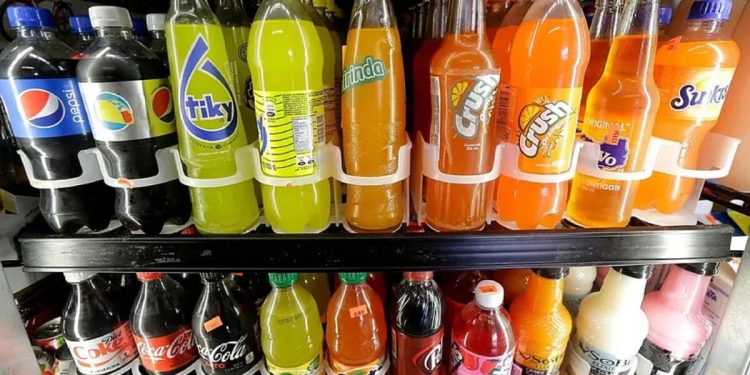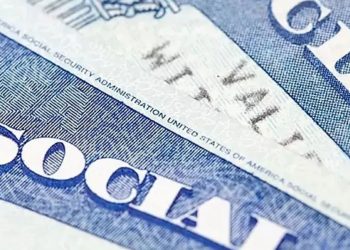In a controversial move poised to reshape food assistance policies nationwide, Nebraska has received federal approval to ban the purchase of soda and energy drinks using Supplemental Nutrition Assistance Program (SNAP) benefits. The landmark decision marks the first time a state has successfully implemented such a restriction, sparking debate on public health, personal choice, and the future of federal food programs.
A New Chapter in SNAP Policy
The new regulation, set to take effect on January 1, 2026, will impact approximately 152,000 SNAP recipients in Nebraska. U.S. Secretary of Agriculture Brooke Rollins announced the approval, describing the initiative as “a historic step to Make America Healthy Again.” The move aims to encourage healthier eating habits by eliminating items deemed nutritionally unnecessary from the list of eligible SNAP purchases.
Governor Jim Pillen strongly supports the measure, asserting that taxpayer dollars should not be used to subsidize sugary beverages. “The purpose of SNAP is to nourish and support health, not to fund empty calories,” Pillen stated.
Other States May Follow Nebraska’s Lead
Nebraska’s policy could be the beginning of a larger trend. States including Arkansas, Colorado, Kansas, Indiana, Iowa, and West Virginia have also submitted requests to the U.S. Department of Agriculture (USDA) seeking similar waivers. Some of these proposals go even further, suggesting bans on flavored popcorn, low-fruit juices, and requesting approval for hot food items like rotisserie chicken—currently restricted under federal SNAP rules.
Public Health Victory or Policy Overreach?
While the USDA and Nebraska officials hail the policy as a win for public health, critics warn that such restrictions may do more harm than good. Gina Plata-Nino, Deputy Director at the Food Research & Action Center, argues that punitive measures are ineffective in changing dietary behavior. “We should focus on empowering families through incentives, not restricting their choices,” she said.
Locally, Eric Savaiano from Nebraska Appleseed echoed these concerns, highlighting the limited purchasing power already available to SNAP users. “With an average daily benefit of just $5.82 per person—less than $2 per meal—many families are already struggling to buy nutritious food,” he explained. “If we truly care about health, we should provide more support, not less.”
Retailers Face New Challenges
In addition to the ethical and nutritional debates, logistical concerns are emerging. Small retailers, especially those in rural communities, could face increased costs and complications in complying with the new restrictions. Updating point-of-sale systems, retraining staff, and managing inventory changes may pose a burden, further limiting food access in already underserved areas.
A Political Backdrop: SNAP Cuts and Tax Reforms
The timing of Nebraska’s new policy comes amid broader federal discussions about SNAP funding. Congressional Republicans are reportedly considering $230 billion in cuts to the program as part of a larger budget proposal aligned with previous Trump-era tax reductions. According to a Yale University analysis, these fiscal plans would effectively transfer wealth from the nation’s poorest 40% to its wealthiest 1% through a combination of reduced public assistance and tax breaks.
Conclusion
Nebraska’s decision to ban SNAP purchases of soda and energy drinks represents a pivotal moment in the national conversation around nutrition, public welfare, and government responsibility. As other states consider similar restrictions, the debate between personal choice and public health—and between support and stigma—will only intensify. Whether this move proves to be a model or a misstep remains to be seen.











